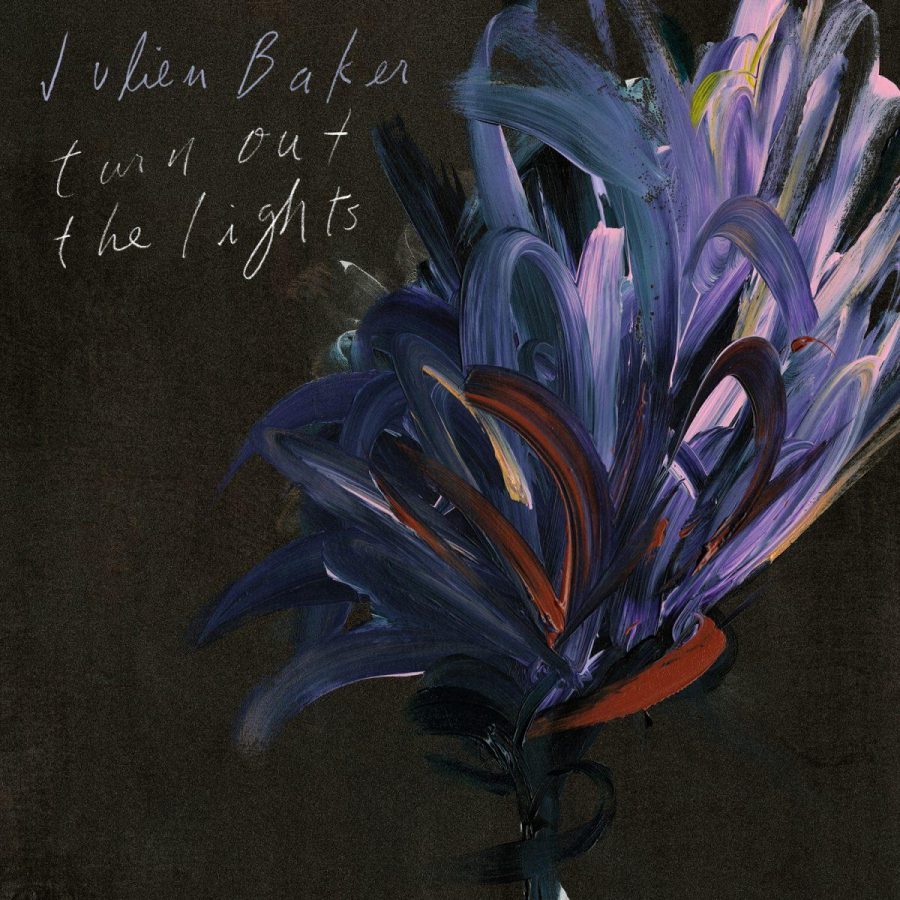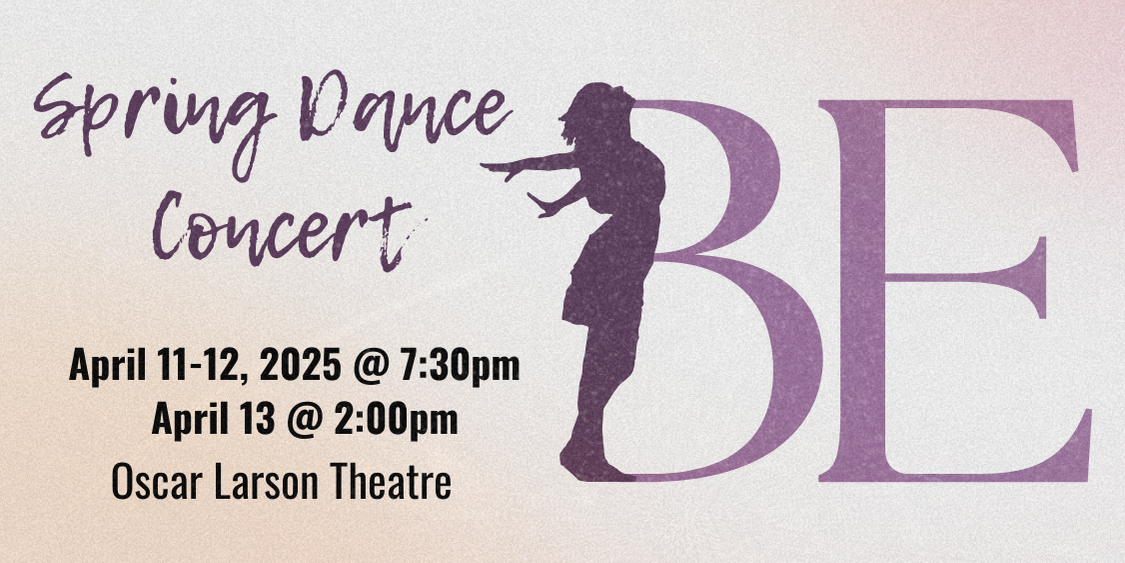Editor’s Note: The grading system used here is similar to the 10-point scale used in SDSU courses.
GRADE: A
If you enjoy listening to indie folk and emo bands but you haven’t listened to anything by singer-songwriter Julien Baker, you may want to do so.
Baker has been filling the ears of her listeners with heartbreaking melodies and despair-riddled vocals since 2014. The Memphis, Tennessee, native released her first full-length album in 2015. Her patient listeners were rewarded with her second album, “Turn Out the Lights,” Friday, Oct. 27 and it might be better than her first one.
In Baker’s second album, she talks a lot about the same demons she spoke of in her first, “Sprained Ankle.” Both albums are like scrolls rolled out onto the floor with stories about depression, anxiety, self-doubt, battles with substance abuse, uncertainty of faith and a god that may or may not exist. I think I’d even say there are some aspects of loneliness and solitude in the album.
The songs in the new album are so powerfully laid out, yet so vulnerably personal, they’re unique. In “Turn Out the Lights,” Baker takes a different approach. Instead of making another album soaked in sorrow, she incorporates some hope.
On the second track “Appointments,” she talks about how she knows it’s not going to turn out all right, but she “has to believe that it is.”
In the title track of the album, she talks about “starting to get used to the gaps.” This song gives the feeling that, even though today was bad, there’s still tomorrow, and you have to rely on yourself to deal with your problems alone.
The title track rings of loneliness. When you turn out the lights “there’s no one left between myself and me.” At one point in the song she sings, “I’d never do it, but it’s not a joke.” While not directly expressed, I think she’s talking about suicide.
Baker’s lyrics aren’t the only things contributing to the desolate atmosphere of the album. Her ability to create depressing, melodic phrases on guitar and piano really ties her music together. You can’t have an album riddled with sad lyrics if the instrumental aspect of it sounds like 2000s pop music.
Baker layered different recording tracks over each other, combining parts such as vocal and guitar harmonies and piano for a fullness in her sound. She adds reverb and delay effects to her guitar to achieve ambiance. It helps create more of a “live room” feeling.
“Happy to be Here,” the eighth track, is probably my favorite track, but “Even” and “Sour Breath” are close behind.
“Happy to be Here” is written in a way that’s almost childish. Baker talks about how she would be an electrician if she could be anything because she’d be able to easily fix her brain, which we know is sometimes the cause for mental illnesses and addictions. It’s insinuated it would be an easier fix compared to things like therapy and medicine.
Baker’s lyrics throughout her songs make me wonder who she’s singing about. Some lyrics make me wonder if she’s talking to God. This would make sense, considering Baker is a gay Christian woman who has battled with substance abuse and has tattoos, things seen as sin in the eyes of her religion.
The album comes to a close with the song “Claws in Your Back.” Out of the 11 tracks on this album, I think this one is best in representation of hope. It’s like a cycle — she begins the album still battling the same things she was fighting in her first album, except this time there’s a little bit of light, a sprinkle of hope, which seems to get duller the further we move into the album.
In this song we get a glimmer of self-acceptance. “I think I can love the sickness you made,” she sings, referring to herself as the sickness God made.
Her last lyrics on this album are, “I change my mind, I wanted to stay.” Finally, after about 42 minutes of beautifully melodic, soul-wrenching music, we are able to understand that even though there are still demons, things seem to be getting better.
The best thing about Baker is she’s not afraid to show all the challenges she’s faced in her life and it reflects well in her music. I feel raw emotion from every track on this album. It gives listeners an opportunity to relate and understand the hardships described in these songs.



















